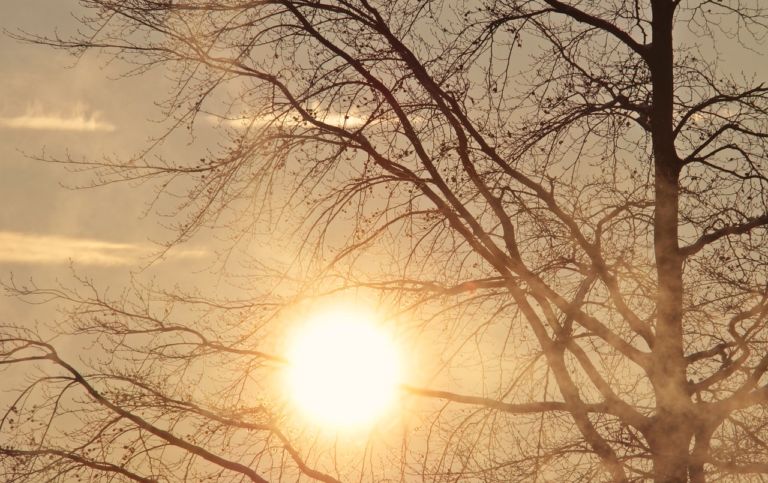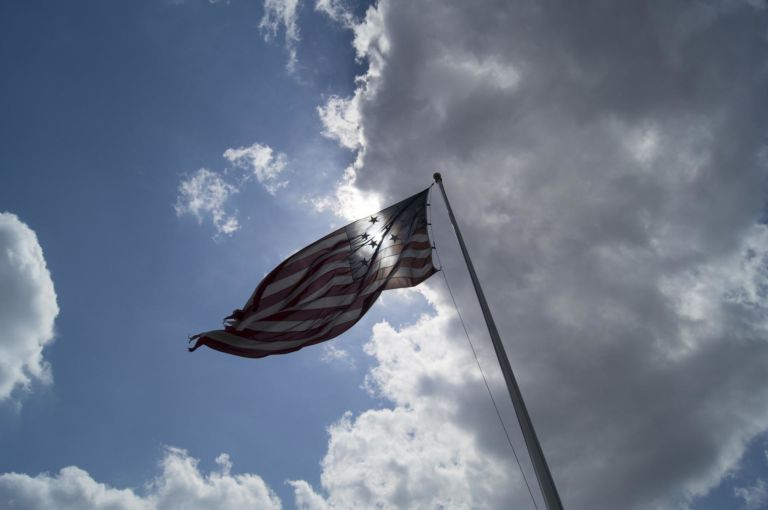Dan McLaughlin writes for National Review Online that the United States deserves a major celebration of its 250th birthday.
Coming in the midst of a terribly difficult decade for American pride, the 1976 bicentennial was a colossal celebration of the nation. In July 1973, as the Watergate scandal was unfolding, the New York Times reported that “a shifting mood, widespread public and Congressional lack of interest, partisan politics and long inaction have resulted in a considerable scaling down of the nation’s plans to commemorate its bicentennial.” By the time the big year arrived, that had changed entirely. The Bicentennial kicked off a boom in interest in the nation’s history that drew in people of every political persuasion and “led to the creation of thousands of new museums, historical societies, and history programs that shared a more complete story of the American past,” according to Time magazine.
We might need a better name this time around than the awkward “Semiquincentennial,” but the idea of a huge celebration of America could hardly be better timed in a decade that opened with a global pandemic, race riots, an explosion of radical theories denouncing our nation’s founding, and a campaign against our presidential election that concluded with an attack on the Capitol itself. We could use a reminder that America has always been great because it stands for great things, and that it has, from the very beginning, led both the world and itself to seek ever more human liberty of every useful kind.
Gallup found last year that 65 percent of American adults were “proud” to be American, with a record-low 38 percent “extremely proud,” down from 70 percent in 2003. There is a partisan split: The “extremely proud” group includes 58 percent of Republicans, 34 percent of independents, and only 26 percent of Democrats.


